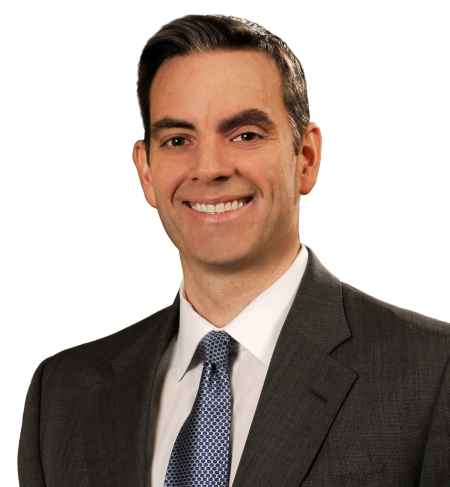Web Exclusive Stories
Security Prepare to Combat Coronavirus
No one knows if Coronavirus could turn into a pandemic but, at this moment in time, this must be seriously considered.
March 2, 2020
Cloud Security Risks Will Be a Top Concern for Organizations in 2020
Data Privacy Compliance, Business Continuity Management Also High Priorities
February 28, 2020
Sign-up to receive top management & result-driven techniques in the industry.
Join over 20,000+ industry leaders who receive our premium content.
SIGN UP TODAY!Copyright ©2024. All Rights Reserved BNP Media.
Design, CMS, Hosting & Web Development :: ePublishing



















